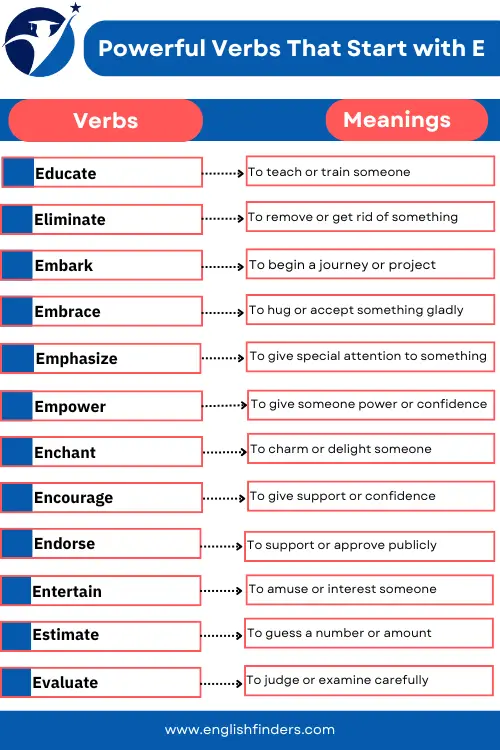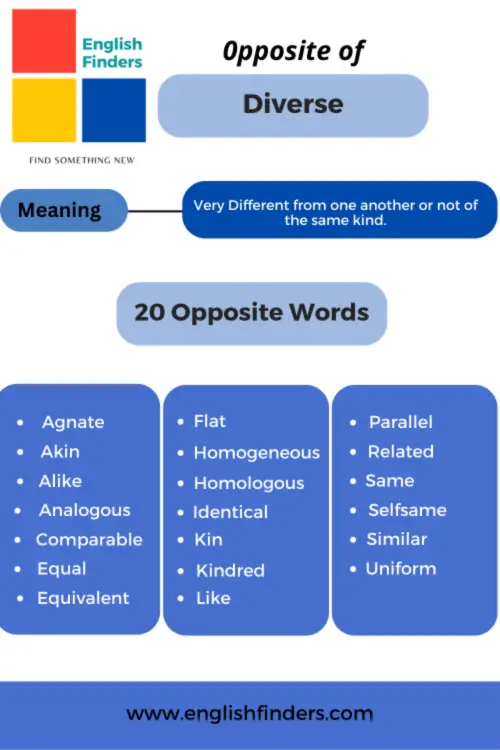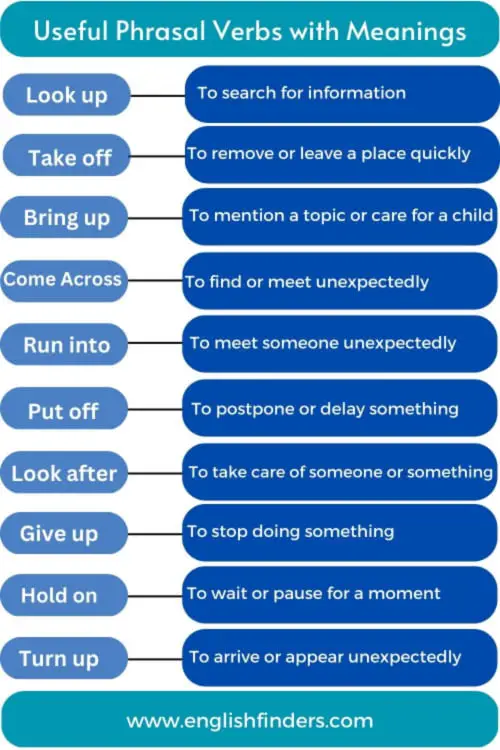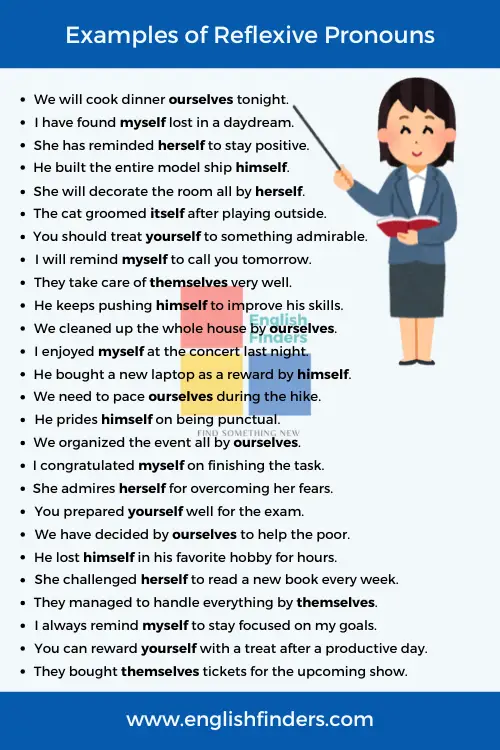Last updated on April 26th, 2025 at 03:59 pm
Have you ever noticed how just one word can completely change the way a sentence feels? That’s the power of verbs! Verbs are action words — they bring sentences to life by showing what someone is doing or what’s happening. And today, we’re going to zoom in on a special group: verbs that start with E.
Why the letter E? Well, E-verbs are exciting! Many of them are full of action, emotion, and energy. Maybe you’re writing an assignment, telling a story, or chatting with friends, having a strong set of verbs can make your English sound more natural and interesting.
In this lesson, you’ll find 50 powerful verbs that start with E, along with their meanings and example sentences to help you understand them better. Plus, there’s a fun worksheet at the end to test what you’ve learned. So grab a notebook, and let’s explore some excellent E-verbs together!
Why Learn Verbs That Start with E?
Quick Navigation
Learning new verbs by letter is actually a smart and simple way to grow your vocabulary. When you group words by their first letter, it becomes easier to remember and use them in your writing and speaking. And the letter E is especially interesting because many E-verbs are full of action, emotion, and expression.
For example, words like explore, encourage, and escape are not only fun to say, but they also help you describe exciting actions or strong feelings. These verbs can make your sentences more powerful and help your ideas come across more clearly.
Also, many of these verbs show up in school essays, story writing, reading comprehension passages, and even everyday conversations. So, the more you know, the more confident you’ll feel using English in any situation.
In short, learning verbs that start with E is a great step toward becoming a better writer, speaker, and overall communicator. Let’s dive into the list and see how many of these useful verbs you already know!
50 Powerful Verbs That Start with E (With Meaning and Example)
| Verb | Meaning | Example Sentence |
|---|---|---|
| Earn | To get something through effort or work | She earned a prize for her science project. |
| Eat | To take in food through the mouth | We eat lunch at the school cafeteria. |
| Educate | To teach or train someone | Teachers educate students in many different subjects. |
| Elect | To choose someone for a position by voting | The class will elect a new president soon. |
| Eliminate | To remove or get rid of something | We need to eliminate distractions while studying. |
| Embark | To begin a journey or project | They embarked on a new adventure together. |
| Embrace | To hug or accept something gladly | She is embracing her friend after the long trip. |
| Emerge | To come out or appear | A butterfly emerged from the cocoon. |
| Emphasize | To give special attention to something | The teacher emphasizes the importance of neat handwriting. |
| Empower | To give someone power or confidence | Good leaders empower others to do their best. |
| Enable | To make something possible | This tool enables us to solve math problems faster. |
| Enchant | To charm or delight someone | The storyteller enchanted the kids with her magical tale. |
| Encourage | To give support or confidence | My parents always encourage me to do my best. |
| End | To finish or bring to a close | The movie ended with a surprise twist. |
| Endanger | To put in danger | Littering can endanger animals in the wild. |
| Endorse | To support or approve publicly | The actor endorsed a new brand of sneakers. |
| Energize | To give energy or strength | A good breakfast energizes you for the day. |
| Engage | To take part or be actively involved | Students were fully engaged in the group activity. |
| Enhance | To improve or make better | Reading daily enhances your vocabulary. |
| Enjoy | To take pleasure in something | I enjoy listening to music after school. |
| Enlarge | To make something bigger | You can enlarge the photo to see more detail. |
| Enlighten | To give more knowledge or understanding | The book enlightened me about world history. |
| Enlist | To join or sign up for something | He enlisted in a summer reading challenge. |
| Enrich | To make something better or more meaningful | Travel can enrich your understanding of the world. |
| Enroll | To officially join a course or program | I enrolled in a new English class this year. |
| Ensure | To make sure something happens | Please ensure your homework is complete. |
| Enter | To go into a place | She entered the room quietly. |
| Entertain | To amuse or interest someone | The magician entertained the audience with tricks. |
| Enthrall | To capture someone’s attention completely | The movie enthralled us from start to finish. |
| Entice | To attract or tempt | The smell of cookies enticed everyone into the kitchen. |
| Envision | To imagine something in your mind | I envision a future full of possibilities. |
| Equal | To be the same as something else | Three plus two equals five. |
| Equip | To provide with tools or skills | The school equipped students with laptops. |
| Escape | To get away from a place or situation | The thief escaped from the backyard. |
| Establish | To set up or create something | They established a new science club. |
| Estimate | To guess a number or amount | Can you estimate how long the project will take? |
| Evaluate | To judge or examine carefully | The teacher evaluated our essays. |
| Evaporate | To change from liquid to gas | Water evaporates quickly on a hot day. |
| Exaggerate | To make something seem bigger or more important | He exaggerated the size of the fish he caught. |
| Examine | To look at something closely | The doctor will examine my arm for injuries. |
| Exceed | To go beyond a limit or expectation | She exceeded everyone’s expectations in the race. |
| Exchange | To give one thing for another | We exchanged gifts during the holiday party. |
| Excite | To make someone feel happy or eager | The news of the trip has excited the students. |
| Exclude | To leave out something or someone | He felt sad when he was excluded from the team. |
| Excuse | To forgive or give a reason for something | Please excuse me for being late. |
| Execute | To carry out a plan or action | The team executed their project well. |
| Exercise | To move your body to stay healthy | I exercise every morning before school. |
| Exhibit | To show something to others | The artist exhibited her paintings at the gallery. |
| Expand | To make something larger or more detailed | We will be expanding our story with more characters. |
| Explain | To make something clear or easy to understand | The teacher has explained the math problem again. |
| Explore | To discover or learn about something new | We explored the museum during our class trip. |
| Express | To show thoughts or feelings through words or actions | He expresses his excitement with a big smile. |
Final Thoughts
By now, you’ve learned 50 powerful verbs that start with E, explored their meanings, seen them in example sentences, and even practiced using them. That’s an amazing step toward building a stronger English vocabulary!
Remember, the more verbs you know, the more clearly and confidently you can speak and write. These E-verbs are especially helpful because they’re full of energy, emotion, and everyday use.
So keep practicing, revisit this lesson when you need a refresher, and try to use a few of these verbs in your own sentences this week. You’ve got this!
Frequently Asked Questions
Why should I learn verbs that start with E?
Learning verbs that start with E helps you improve your speaking and writing skills. These verbs are common in everyday English, and knowing them helps you sound more natural and confident.
Are verbs that start with E used in daily conversations?
Yes! Many E-verbs like eat, enjoy, enter, and explain are used in casual talks, classroom discussions, and even storytelling. They’re practical and easy to remember.
What’s the easiest way to memorize these verbs?
Start by using 5–10 verbs in your own sentences daily. You can also create flashcards or play games like “fill in the blank” with friends or classmates. Practice makes progress!
📝 Worksheet: Practice with Verbs That Start with E
Now that you’ve explored 50 powerful verbs that start with E, it’s time to put your knowledge into action! Try this quick and fun worksheet to test what you’ve learned. Don’t worry — just do your best!
🔹Part 1: Fill in the Blanks
Choose the correct E-verb from the word bank to complete each sentence.
Word Bank: enroll, express, explore, encourage, eliminate, emerge, entertain, escape, equip, ensure
- My parents always __________ me to follow my dreams.
- We decided to __________ the forest trail after lunch.
- Please __________ all mistakes before submitting your essay.
- I plan to __________ in the art club next semester.
- A rabbit __________ from its burrow after the rain.
- The magician will __________ us with a new trick today!
- I couldn’t __________ from the maze without help.
- A good backpack will __________ you for a long hike.
- You should __________ your feelings honestly.
- Double-check your work to __________ it is complete.
🔹Part 2: Match the Verb with Its Meaning
Draw a line (or write the correct letter) to match the verb with its correct meaning.
| Verb | Meaning |
|---|---|
| A. enlighten | 1. To guess the amount or size |
| B. examine | 2. To make someone understand better |
| C. exaggerate | 3. To check something carefully |
| D. estimate | 4. To make something seem bigger |
🔹Part 3: Create Your Own Sentences
Use these verbs that start with E to create your own fun or meaningful sentences. Be creative!
- Energize
- Embark
- Endorse
- Evaporate
- Explain
Example:
Explain – The teacher explained the rules of the game before we started.
🔹Challenge Time
Pick any three E-verbs you like from the list above and write a short paragraph (4–5 sentences) using all three verbs. Let your imagination run wild!

Azizul Hakim is the founder & CEO of englishfinders.com. He is a passionate writer, English instructor, and content creator. He has completed his graduation and post-graduation in English language and literature.




